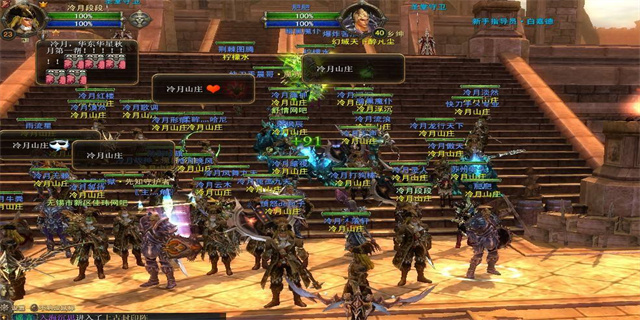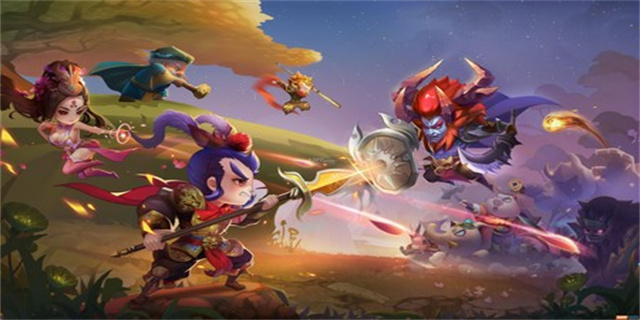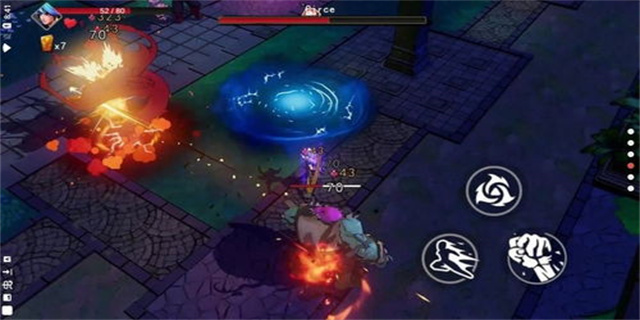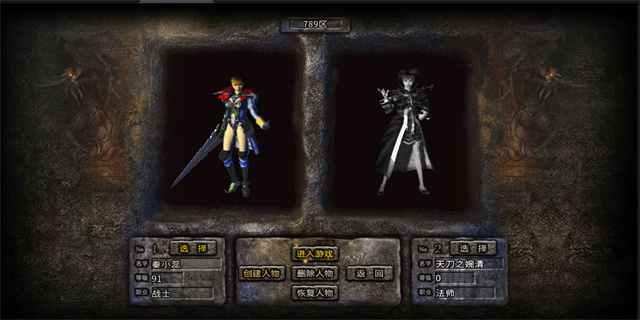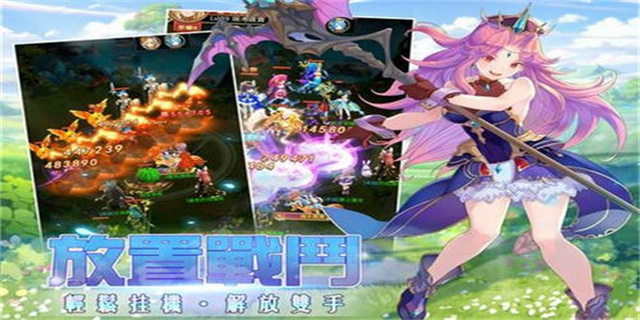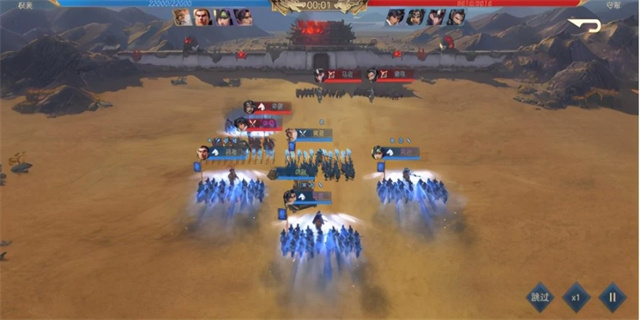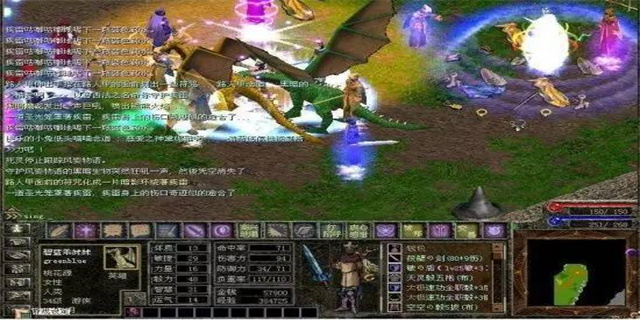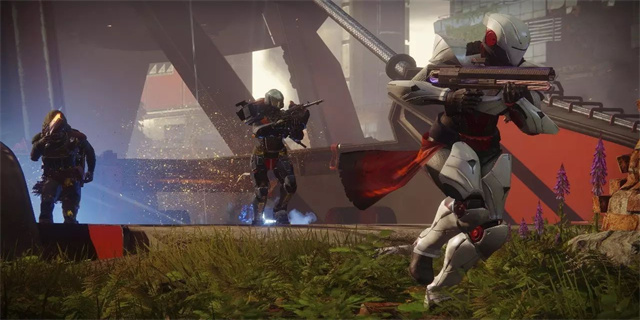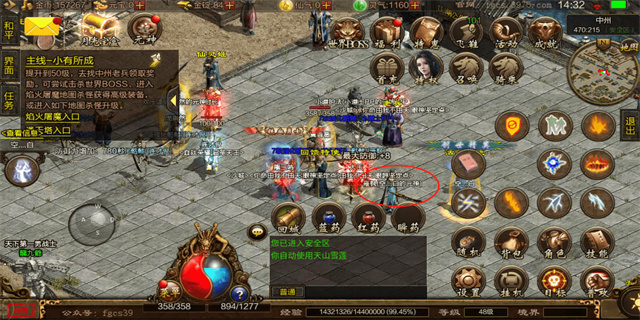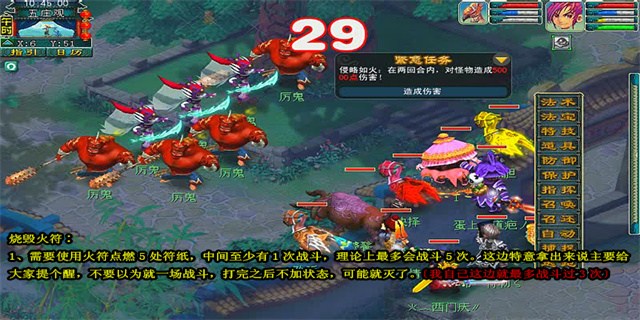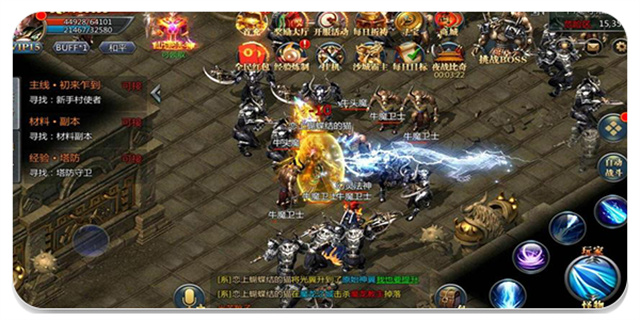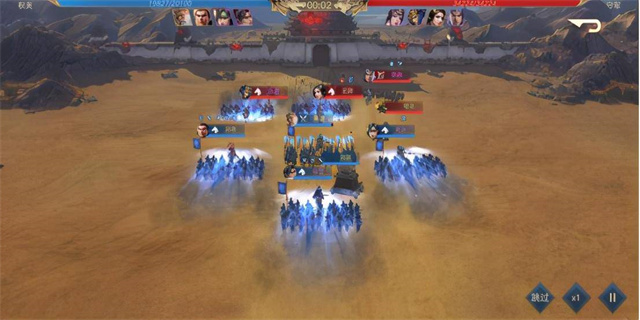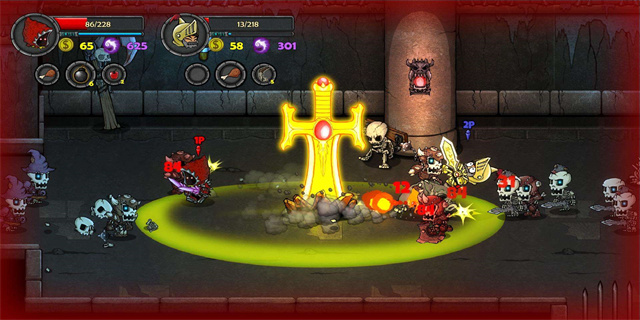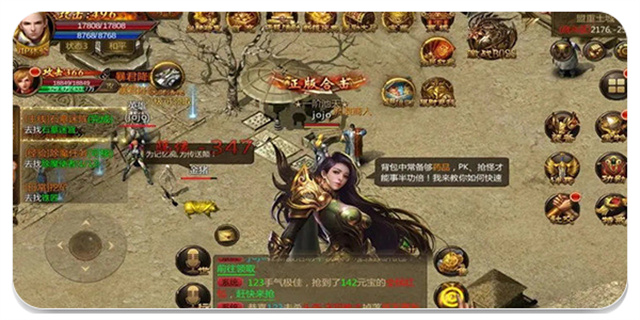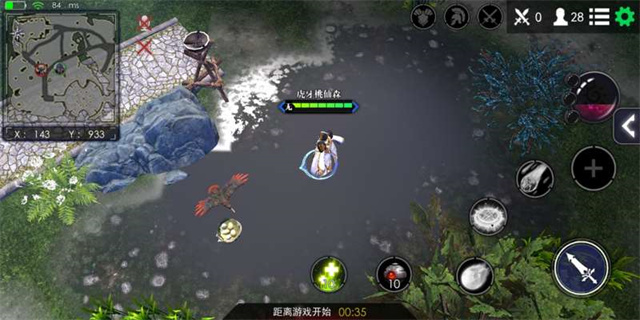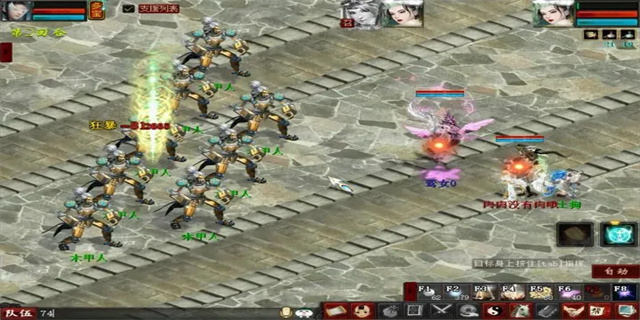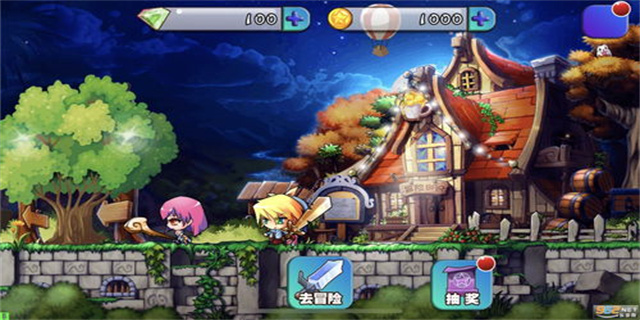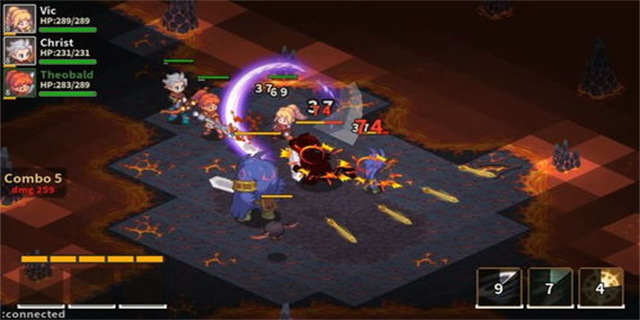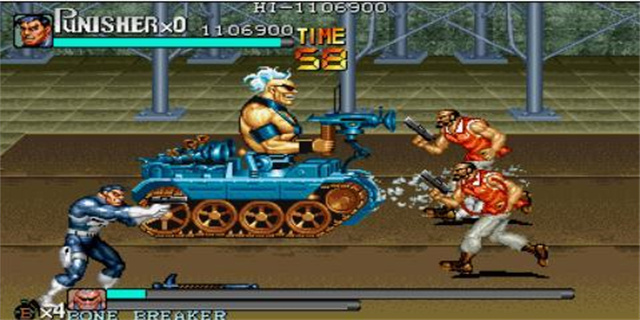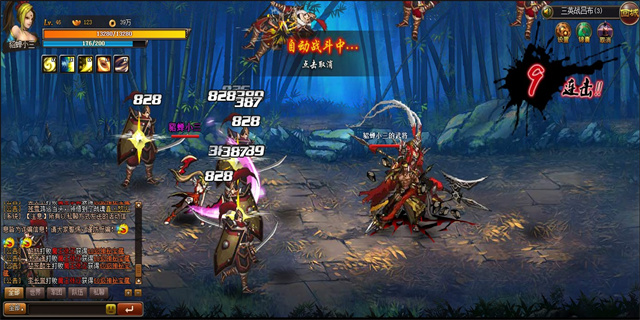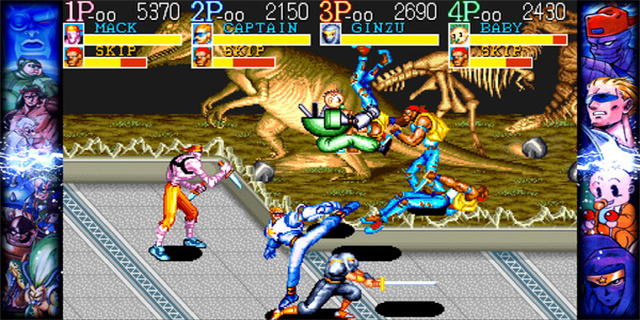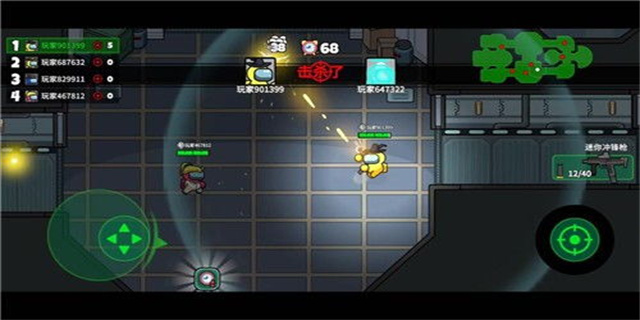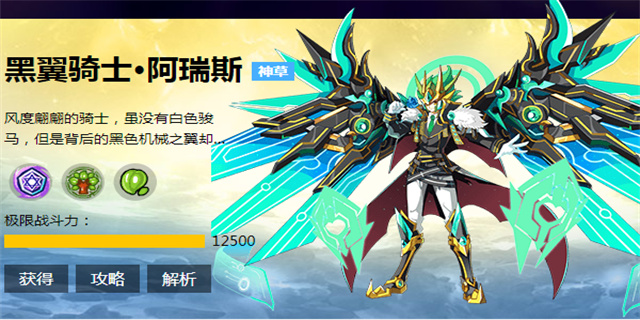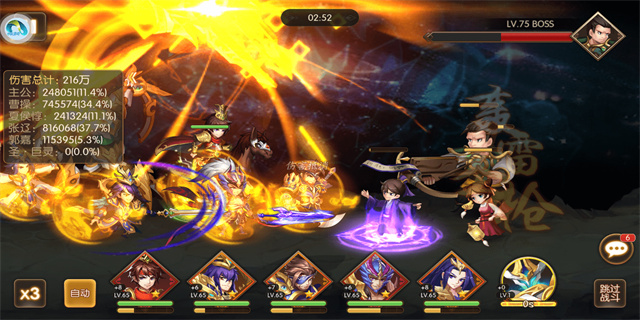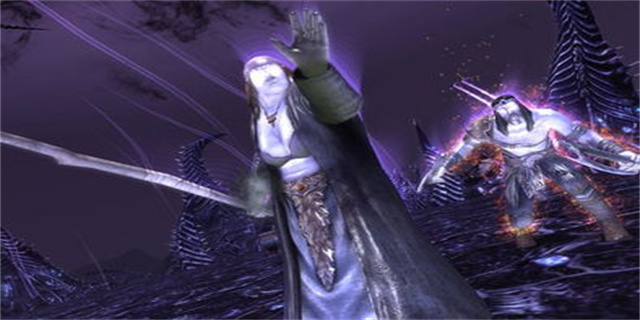Understanding the Art of Creating a Comprehensive Dictionary
When it comes to enhancing our language skills, dictionaries are an unparalleled resource. These powerful linguistic tools not only help us learn new words and their meanings but also enrich our vocabulary and improve our communication skills. In this article, we will explore the art of creating a comprehensive dictionary, the challenges involved, and the importance this linguistic masterpiece holds in our lives.
The Art of Creating a Comprehensive Dictionary
Creating a comprehensive dictionary is no easy feat. With thousands of words and phrases being added to languages every year, it is an ongoing process that requires extensive research and compiling. The process starts by identifying the scope of the dictionary and selecting the words to be included. The lexicographers then scour through various sources such as books, journals, newspapers, and online resources to collect the meanings, definitions, and uses of the identified words. They also collect information about the origin of words and how they evolved over time.
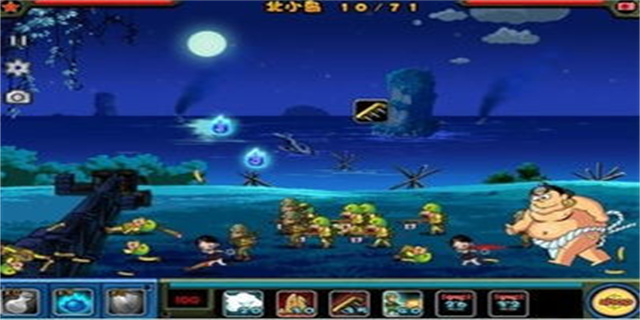
Next comes the task of organizing and presenting this information in an easily accessible manner. The dictionary must be user-friendly with a clear and concise format. The order of words, the use of bold and italics for emphasis, and the inclusion of examples in sentences all play a crucial role in making the dictionary more useful and appealing to users. The dictionary should also include information about the parts of speech and pronunciation of words to help learners use them correctly.
The Challenges Involved
One of the significant challenges of creating a dictionary is the ever-evolving nature of languages. Words that were used extensively a few years ago may now have become obsolete, whereas new words and slangs are being coined all the time. Keeping up with the changes and constantly updating the dictionary is a significant challenge faced by lexicographers.
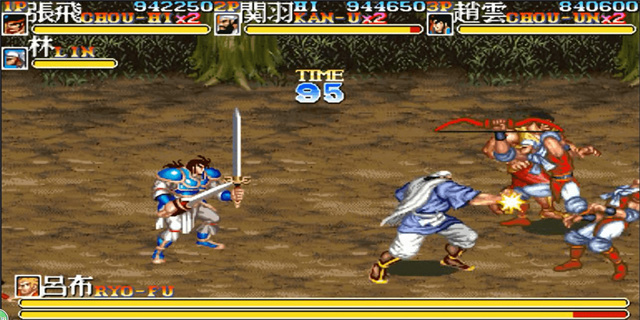
Another challenge is deciding which words to include and which ones to leave out. Should a dictionary only include standardized words or colloquialisms and slangs that are widely used? Should it include technical terms used in specific fields such as medicine or law? These decisions require careful consideration and the ability to balance the needs of different types of users.
The Importance of a Comprehensive Dictionary
A comprehensive dictionary is an essential tool for language learners, professionals, and writers. It provides a wealth of information about words and their meanings, origins, and usage. Dictionaries are instrumental in improving communication skills, enhancing vocabulary, and developing a deeper understanding of language. They also act as a bridge between different cultures, enabling people from different linguistic backgrounds to communicate more effectively.
Furthermore, dictionaries are essential in preserving languages and their cultural heritage. They document the evolution of languages, their slang and idiomatic expressions, and the way people communicated in the past. By documenting these changes, a dictionary ensures that the language and culture are not forgotten and lost in time.
In conclusion, creating a comprehensive dictionary requires expertise, dedication, and attention to detail. It is a challenging task that requires keeping up with the ever-evolving nature of languages and balancing the needs of different types of users. However, the importance of a comprehensive dictionary cannot be overstated. It is an essential tool that enriches our language skills, improves communication, and preserves our cultural heritage.
